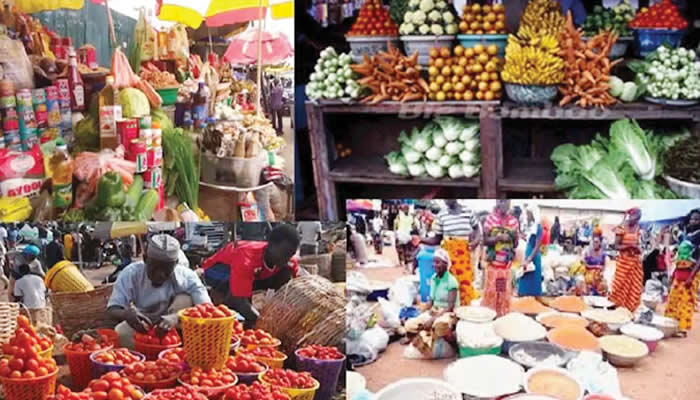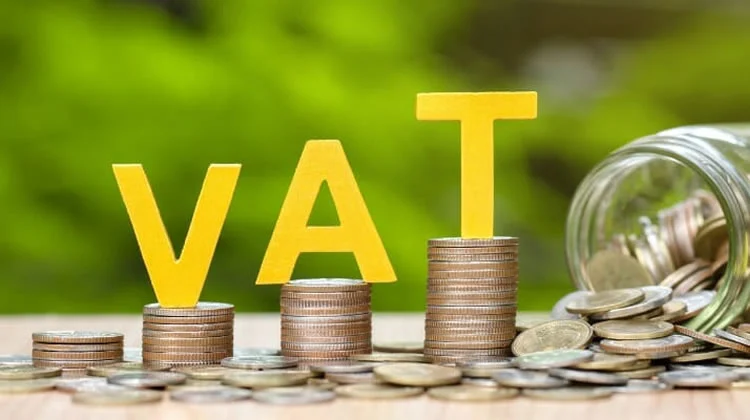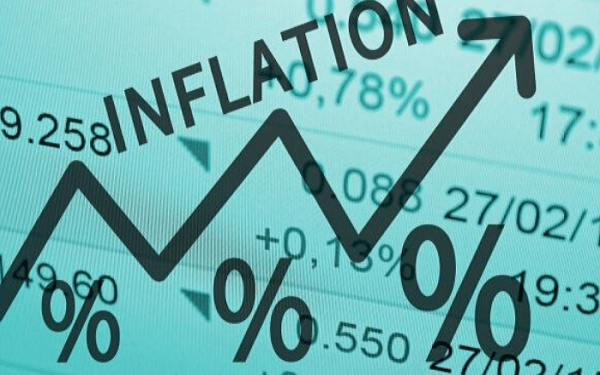Now Reading: Inflation Cools to 20.12% in August as Cheaper Food Brings Relief
-
01
Inflation Cools to 20.12% in August as Cheaper Food Brings Relief
Inflation Cools to 20.12% in August as Cheaper Food Brings Relief

Nigeria’s headline inflation slowed to 20.12 per cent in August, easing from 21.25 per cent in July, according to fresh data from the National Bureau of Statistics (NBS). The drop offers some breathing space for households after months of relentless price hikes.
The moderation was largely driven by food prices, with food inflation rising at a slower pace of 1.65 per cent in August compared to 3.12 per cent in July. On a year-on-year basis, food inflation stood at 21.87 percent 15.65 percentage points lower than the staggering 37.52 per cent recorded in August 2024.
The NBS attributed the slowdown to falling costs of key staples including imported and local rice, maize flour, guinea corn, millet, semolina, and soya milk.
On headline inflation, the statistics office highlighted that the August 2025 rate was 12.03 percentage points lower than the 32.15 per cent recorded a year earlier. The agency also explained that the significant drop is partly due to a change in the consumer price index base year, now set at November 2009 = 100.
Month-on-month inflation also eased to 0.74 per cent in August, down from 1.99 per cent in July, signalling that the pace of price increases is slowing.
“The average annual rate of food inflation for the twelve months ending August 2025 was 25.75 per cent, compared with 36.99 per cent recorded in August 2024,” the NBS reported.
Economists say while the data points to a welcome slowdown, Nigerians are still grappling with high living costs, especially in urban centres. Analysts also caution that external shocks, currency pressures, and fuel costs could keep inflation volatile in the months ahead.




